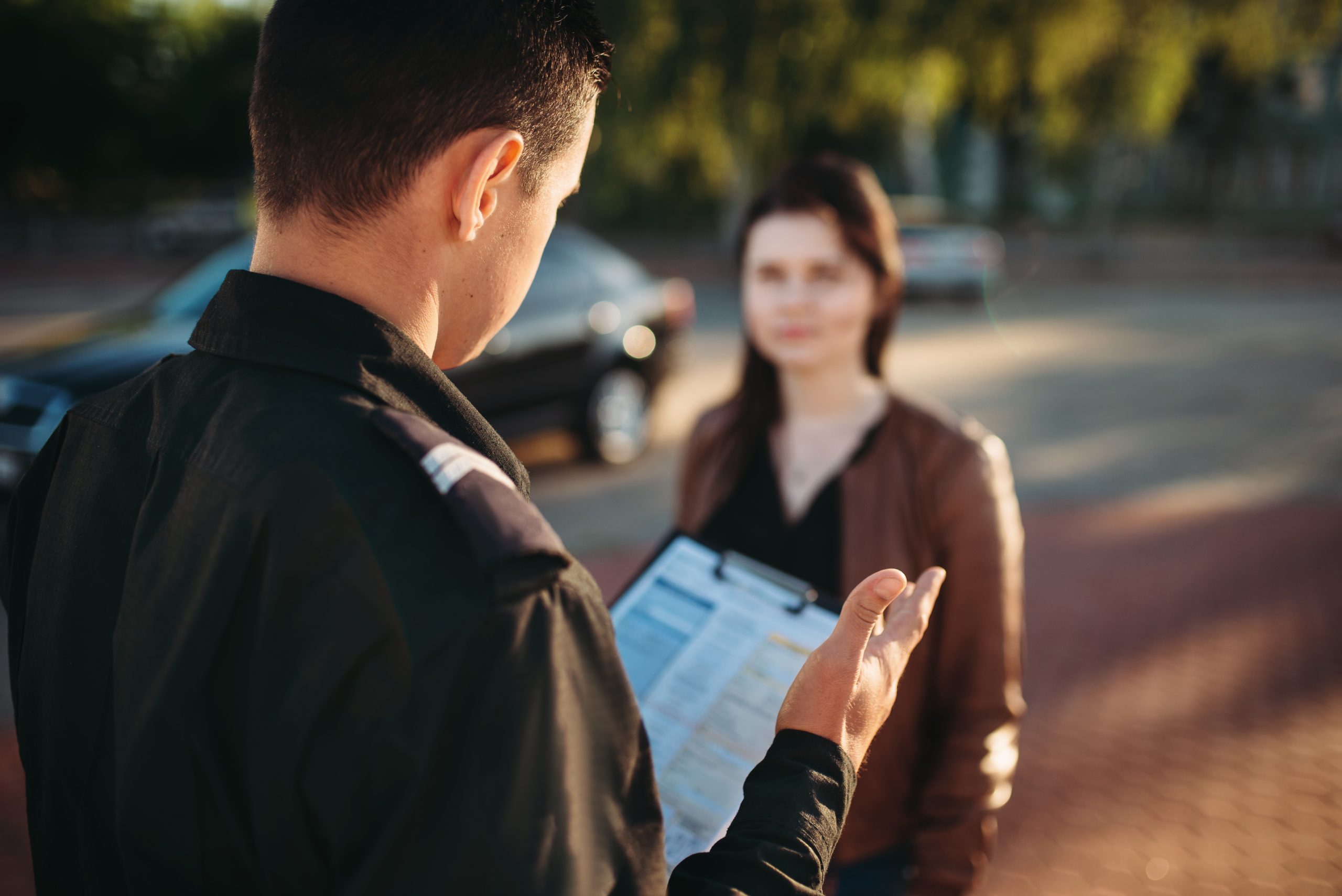By: Adam L. Bantner, II
Board Certified Criminal Trial Attorney

Contrary to what many prosecutors, and a few judges, believe, there is not an exception to the prohibition to the introduction of hearsay (an out-of-court statement entered into evidence for the truth of the matter asserted) when that hearsay statement is offered to prove a logical sequence of events. A common response to an objection to its introduction is that it is not offered for the truth of the matter asserted, i.e., it is offered to prove the effect on the listener. Or, in other words, it’s offered to explain why someone took a certain action.
However, when that’s the case and depending on the type of statement offered, it can be greatly more prejudicial than probative and, therefore, inadmissible under Fla. Stat. 90.403, or simply irrelevant and immaterial and, therefore, inadmissible under Fla. Stat. 90.401.
Case Law Support for Exclusion
Fortunately for trial lawyers like myself, we have some recent support from the 4th DCA that we can use to educate courts when arguing for the exclusion of this type of evidence. In Conyers v. State, 44 Fla. L. Weekly D1844b (Fla. 4th DCA 2019), the Court reversed Conyers’ conviction for trafficking by purchase of oxycodone for the improper introduction of such evidence. Here are the relevant facts from the case:
At trial, the undercover officer who conducted the drug buy testified that before the sting operation, a confidential informant told the officer that a six-foot-tall, heavy-set black male known as Angel, who drove a two-door red Ford F-150 pickup truck, was “interested in purchasing large quantities of prescription pills in the City of Hollywood.” The officer testified that the informant also gave him Angel’s phone number. With the description and phone number provided by the informant, the officer identified appellant as Angel and began his investigation.
Appellant objected to the officer’s testimony and moved for a mistrial. He argued that the officer’s testimony about the confidential informant’s comments about appellant was hearsay and improperly suggested that appellant had a propensity to purchase large amounts of opiates. The State argued that the statements were not hearsay because they were not offered for the truth of their content but were intended to show the effect on the listener, i.e., the police officer, who then opened an investigation.
As is clear from just these facts, the State doesn’t really want the jury to learn why the officer targeted Mr. Conyers, they want the jury to know that there is a person out there who wants to purchase drugs and that person is “Angel,” who is identified as Mr. Conyers. The statement is highly prejudicial and from someone whom the defense cannot cross-examine because he is not in court. Furthermore, it’s immaterial because why the officer targeted Mr. Conyers is irrelevant to the facts they must prove in order to garner a conviction. The better practice is for the testifying officer to simply say that he was acting on a tip or information received. State v. Baird, 572 So. 2d 904, 905 (Fla. 1990).
Fortunately for Mr. Conyers, the Fourth DCA followed Baird and vacated Mr. Conyers conviction and sentence (7 years Florida State Prison followed by three years of probation) and remanded his case for a new trial. The Court held:
In this case, the trial court erred in allowing the officer to give inherently prejudicial hearsay testimony regarding appellant’s alleged drug activity in the community. The State’s contention that this testimony was not hearsay is simply wrong. Even if the informant’s statements were not offered for their truth, they were irrelevant, because the police officer’s reason for investigating appellant was immaterial. See Baird, 572 So. 2d at 908. Moreover, the risk of unfair prejudice outweighed any probative value. The error was not harmless, see State v. DiGuilio, 491 So. 2d 1129 (Fla. 1986). Accordingly, we reverse the judgment of conviction and remand for a new trial.
Experienced Tampa Trial Lawyer
Adam Bantner can help you and/or your family if you’ve been charged with a crime. It’s important to have a trial lawyer on your side when doing batter in a court of law. Give us a call today for your free consultation. 813.397.3965.


